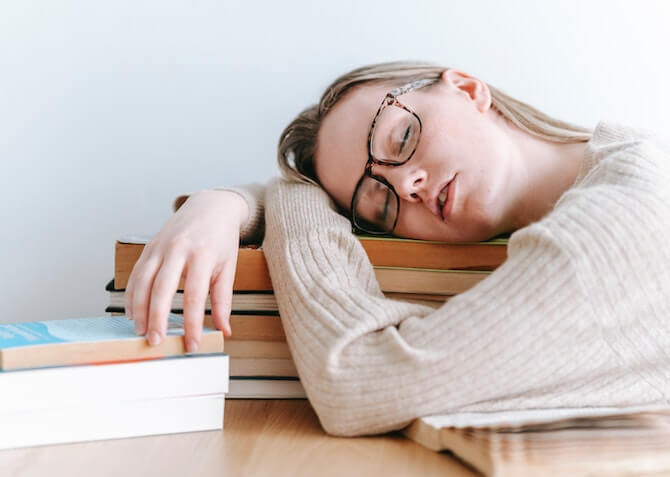
The Surprising Hazards of Napping: Debunking the Myths
Napping - we've all experienced that refreshing feeling after a power nap - that mini escape from the demands of the day.
However, despite the comfort and relaxation a nice bit of shut-eye can give you, some believe that napping can be dangerous.
In this post, we try to separate fact from fiction and shed light on the potential risks and debunking common misconceptions surrounding napping.
The Benefits of Napping
Before addressing the potential hazards, it's crucial to recognize the benefits napping offers.
It's been shown to enhance alertness, boost cognitive function, improve mood, and increase productivity. A recent article by the BBC has some interesting advice from a group of University College London researchers.
Short snoozes of 20-30 minutes have been particularly associated with improved performance and reduced fatigue.

Debunking the Myths
Myth#1: Leads to Weight Gain
Contrary to popular belief, having a little doze does not directly cause weight gain - you're not going to wake up with a gut hanging over your waistline.
As we all know, weight gain is usually linked to things such as overall calorie intake and physical activity levels.
It's when you nap too much or not enough that can disrupt your normal sleep routine. This, in turn, can cause your metabolism to change, resulting in unwanted weight gain. It can also lead to snacking more often.
Myth#2: Causes Insomnia
This is a common one. If you can have a strategic little sleep during the day, it can actually be beneficial and doesn't automatically mean your night time sleep will be disrupted.
But, if your bouts of shut-eye are too lengthy or taken too late, they will likely disrupt your sleeping routine, hindering your ability to sleep at a more acceptable bedtime.
To avoid these problems, we would recommended that you limit how long your daytime sleep is, and avoid snoozing too close to bedtime.
Myth #3: Damages Cognitive Abilities
On the contrary, studies have shown that a well-timed kip can enhance your brainpower and concentration, improve your memory, and increase your ability to learn new things.
Brief sleeps can improve alertness and attention, leading to better focus and productivity.
However, it's important to note that excessive or irregular napping may disrupt sleep patterns, potentially affecting cognitive abilities negatively.
Potential Hazards and Tips for Safe Napping

So we have debunked the myths. Now it's time to look at the real problems with napping. While it's generally safe, there are a few potential hazards of napping to consider:
Sleep Inertia:
Extended sleep can lead to sleep inertia, a groggy and an out-of-sorts feeling upon waking up. If you really must take one, limit the sleep to around 20-30 minutes.
Evening Napping:
Weirdly enough, if you nap near to bed time, it may interfere with night-time sleep, making it harder to fall asleep when you want to. Who would have thought?!
Stick to brief naps, and keep them earlier in the day to avoid disrupting your sleep schedule.
Sleep Disorders:
People with certain sleep disorders, such as sleep apnoea or insomnia, may find napping makes their symptoms worse. If you have a sleep disorder, consult a healthcare professional to determine the best approach to daytime sleeping.
Dependency:
Having a cheeky kip regularly can lead to you being dependant on them, making it difficult to function without one.
To avoid this, establish a consistent sleep schedule and reserve napping for occasional recharging or those special occasions, rather than relying on it daily.
Napping itself is not inherently dangerous. When done strategically and in moderation, it can provide numerous benefits, including increased alertness and productivity.
There is an art to napping, the key is to strike a balance between enjoying the restorative benefits while maintaining a healthy sleep routine.
Try to stick to recommended durations and avoiding late or prolonged naps, and you can enjoy all the perks without encountering the potential hazards.
Embrace the power of a well-timed, refreshing nap when you need it most!









Leave a Reply